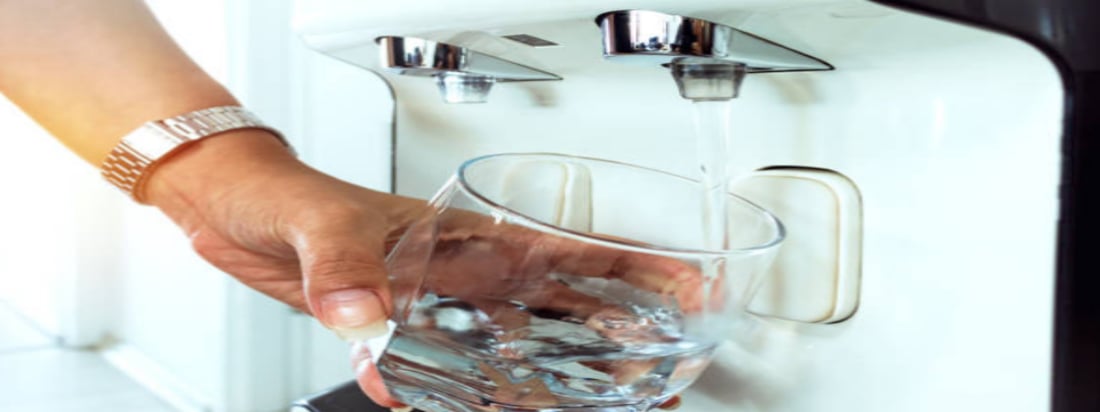The Importance of rv soft water systems for Clean and Soft Water
Whether you are a seasoned RV traveler or just starting your journey, having access to clean and soft water is essential. RV soft water systems are designed to remove impurities and minerals from the water supply, ensuring you have a reliable source of high-quality water wherever you go. In this article, we will explore the various aspects of RV soft water systems and why they are a must-have for any RV enthusiast.
1. Understanding the Basics of RV Soft Water Systems
RV soft water systems are specially designed water treatment systems that aim to remove minerals such as calcium and magnesium from the water supply. These minerals are responsible for the formation of limescale and can cause a variety of problems in your RV's plumbing system, appliances, and fixtures. By using a water softener, you can prevent the build-up of limescale, ensuring a longer lifespan for your RV's components.
2. The Benefits of Using RV Soft Water Systems
There are several benefits to using RV soft water systems. Firstly, soft water is gentler on your skin and hair, leaving you feeling refreshed and rejuvenated after a shower. It also helps to preserve the lifespan of your RV's plumbing system by preventing the accumulation of limescale. Soft water also improves the efficiency of your appliances, such as your water heater and dishwasher, by reducing the energy needed to heat and operate them. Additionally, soft water enhances the lathering and cleaning abilities of soaps and detergents, saving you money on cleaning products.
3. How RV Soft Water Systems Work
RV soft water systems typically use a process called ion exchange to remove minerals from the water supply. The system contains a resin tank filled with tiny resin beads that attract and trap the calcium and magnesium ions. As water flows through the resin tank, the minerals are exchanged with sodium or potassium ions, effectively softening the water. Periodically, the resin beads need to be regenerated by flushing them with saltwater or a brine solution, which helps to recharge the resin beads and remove the accumulated minerals.
4. Choosing the Right RV Soft Water System
When selecting an RV soft water system, there are a few factors to consider. Firstly, you need to determine the size and capacity of the system based on your water usage. It is also important to choose a system that is compact and easy to install in your RV. Look for systems that are designed for mobile use, with features such as a bypass valve for when you don't need soft water. Additionally, consider the maintenance requirements and the availability of replacement parts for the system.
5. Installing an RV Soft Water System
Installing an RV soft water system is a relatively straightforward process. Most systems come with detailed instructions, and you can also find helpful tutorials online. Generally, the system needs to be connected to the RV's water supply line, either at the source or at the point of entry. It is recommended to install the soft water system near the water heater to protect it from limescale build-up. Once installed, you will need to periodically regenerate the resin beads as per the manufacturer's instructions.
6. Maintaining Your RV Soft Water System
To ensure optimal performance and longevity of your RV soft water system, regular maintenance is essential. This includes periodically checking the salt level in the brine tank and refilling it as needed. It is also important to clean and sanitize the system to prevent the growth of bacteria and algae. Additionally, inspect the system for any signs of leaks or malfunctions and address them promptly. Following the manufacturer's maintenance guidelines will help extend the lifespan of your RV soft water system.
7. Tips for Using RV Soft Water Systems
Here are a few tips to make the most of your RV soft water system:
- Use only approved salt or potassium pellets for regenerating the resin beads.
- Monitor the water hardness level regularly to ensure the system is functioning properly.
- Consider using a water filter before the soft water system to further enhance water quality.
- Flush the system with fresh water before storing your RV for an extended period.
8. Common Issues with RV Soft Water Systems
While RV soft water systems are generally reliable, there are a few common issues that you may encounter. These include a drop in water pressure, improper regeneration of resin beads, and the development of foul odors or tastes in the water. If you experience any of these problems, refer to the manufacturer's troubleshooting guide or seek assistance from a professional RV service technician.
9. The Cost of RV Soft Water Systems
The cost of RV soft water systems can vary depending on the brand, capacity, and features of the system. On average, you can expect to spend between $200 to $500 for a high-quality RV soft water system. While this may seem like a significant investment, it is important to consider the long-term benefits and savings that come with using soft water in your RV.
10. Conclusion
RV soft water systems are a valuable addition to any RV enthusiast's arsenal. They provide clean, soft water that enhances your overall RVing experience. By preventing limescale build-up, improving the efficiency of appliances, and offering numerous other benefits, RV soft water systems ensure you have a reliable source of high-quality water wherever your travels take you. So, invest in an RV soft water system today and enjoy the many advantages it brings to your RVing lifestyle.

